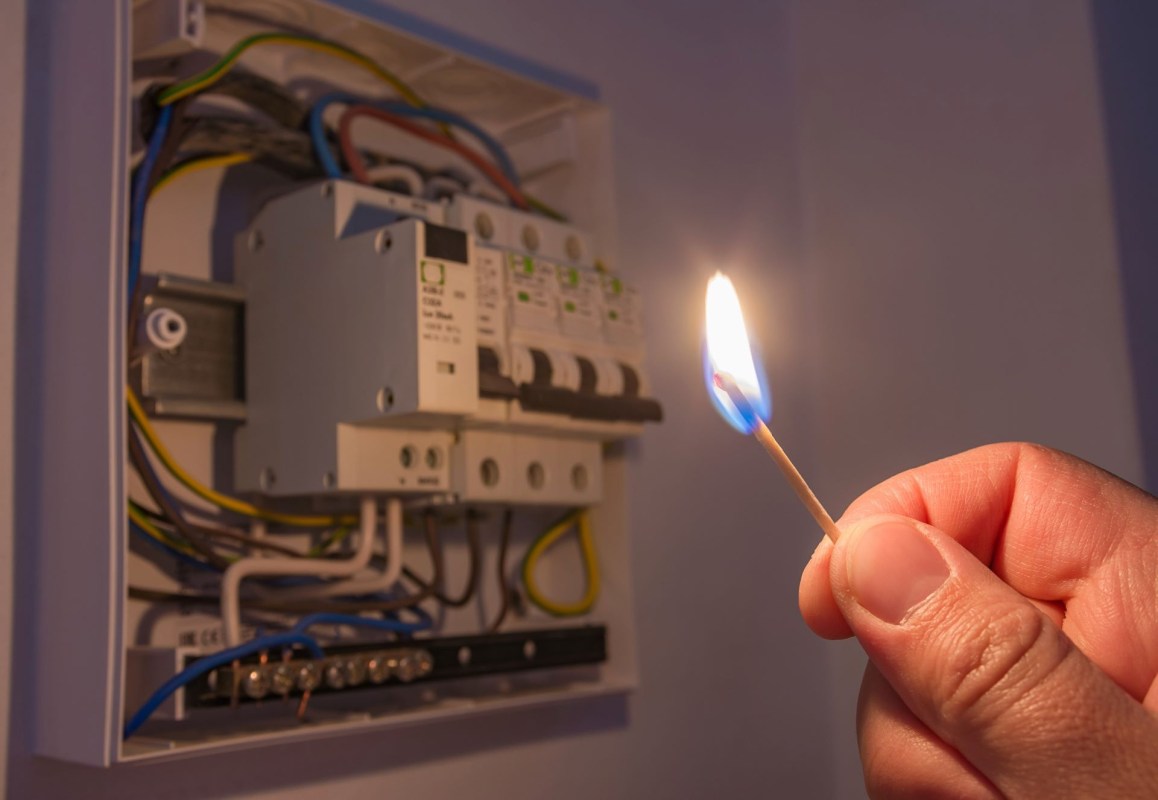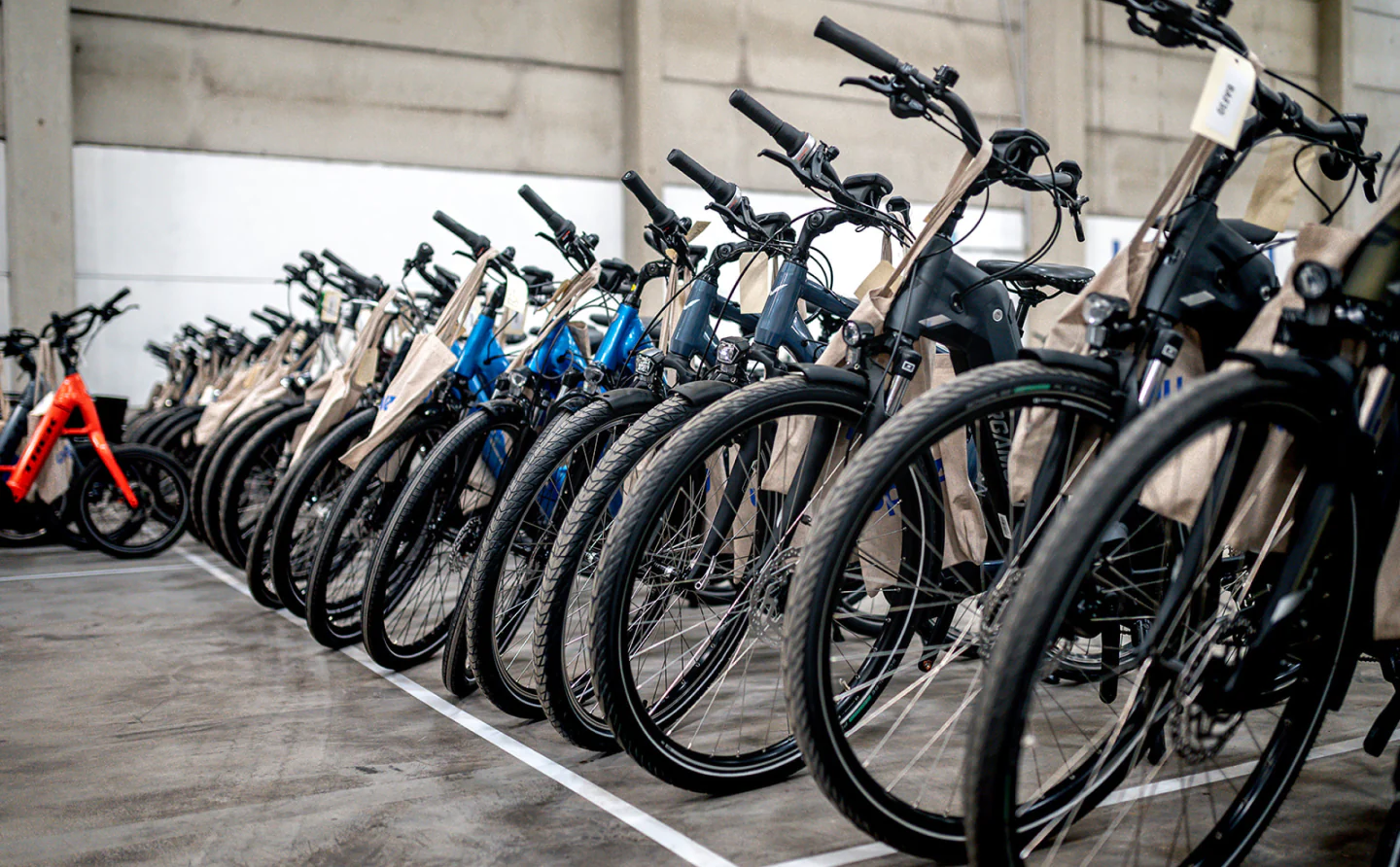The 2010s saw 64% more power outages in the U.S. than the 2000s, according to Climate Central.
A big reason was an increase in extreme weather events, which left already-vulnerable grids unable to supply power to people suffering from disasters like floods, hurricanes, and severe winter storms. And in the future, this same pattern could leave millions of Americans without power in the coming years — just when they need it most.
What's happening?
As global temperatures rise, extreme weather events are becoming more common, as the American Meteorological Society explains.
A recent analysis by the Union of Concerned Scientists predicts a steep rise in the number of days per year that will reach dangerously high temperatures. Extreme weather makes it dangerous to be without power for heating and cooling, and at the same time, it makes power outages more likely.
Over 80% of the major outages in the last 20 years have been due to weather — including storm damage, frozen equipment, heat that makes power lines droop, and increased demand on the system from air conditioners and heaters.
Meanwhile, America's power grid has gotten less efficient. Starting in 1992 with the Energy Policy Act, changes in the law have taken the power grid out of the hands of public utilities and given more control to a huge number of private companies, making it difficult to coordinate services.
Maintenance has also suffered, with the American Society of Civil Engineers reporting that over 70% of transmission and distribution lines in the U.S. are approaching the end of their lifespan. Some companies have even created artificial energy shortages to raise prices.
Why does it matter?
Severe blackouts in the last few years have caused numerous deaths due to exposure, heatstroke, and interruptions in medical care.
Axios reports that 47 people died last year in Buffalo, New York, during a blizzard. Before that, AP News reported on hundreds of deaths in the Northwest due to blackouts during a major heat wave. And 151 Texas residents died in early 2021 after losing power during a blizzard, according to BuzzFeed News.
Many more Americans face less severe consequences. Yahoo News reports the change in laws governing energy production has actually caused prices to rise. Meanwhile, increased blackouts interfere with the increasing amount of remote work in the U.S.
TCD Picks » Upway Spotlight
💡Upway makes it easy to find discounts of up to 60% on premium e-bike brands
What's the solution?
Investing in affordable, non-polluting energy sources like wind, solar, and nuclear helps this problem in two ways.
First, it increases the supply of electricity Americans can draw on, reducing the likelihood of blackouts. Second, these types of power plants don't put heat-trapping gases into the atmosphere, so they help cool the planet down and stabilize the weather.
Join our free newsletter for cool news and actionable info that makes it easy to help yourself while helping the planet.














